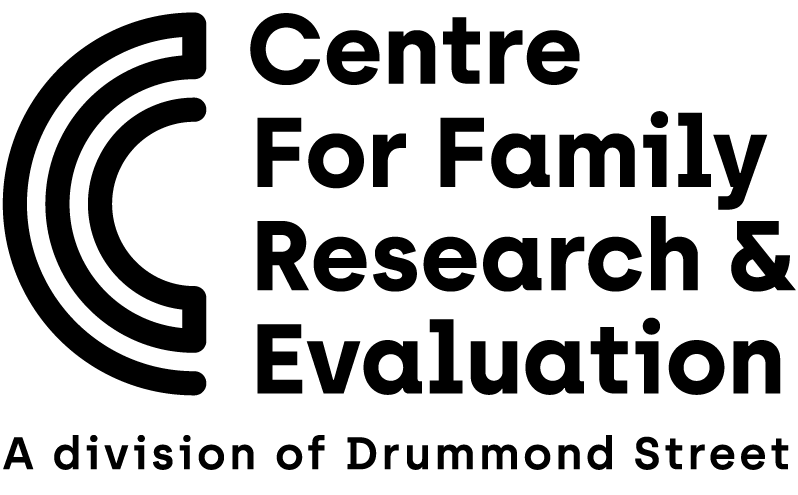This training is designed to support participants to learn, explore and gain insight into what intersectional practice is, and how to apply intersectionality to their roles. It aims to impart a solid knowledge base, explore evidence, hone practical skills and deepen understanding of how to work safely and inclusively with marginalised people. Through this training, participants will gain valuable skills that they can then use to understand the needs of diverse people and how to respond in culturally safe and appropriate ways.
By the end of this training participants will understand how to recognise and respond to multiple levels of marginalisation, understand what intersectionality means both theoretically and in practice and how to employ intersectional practice to improve client outcomes, interventions and experiences.
This training is suitable for staff across all levels of employment, from client facing roles to management and corporate services.
Learning Objectives
Who is this training for?
- Understand what intersectionality is and why intersectional practice is important.
- Identify how marginalisation can occur on multiple levels at once for those occupying multiple marginalised identities.
- Employ tools to support the ongoing development of intersectional approaches.
- Learn best practices for engaging intersectionally, focusing on developing inclusive practice, creating safety, and avoiding re-traumatisation.
- Explore reflexive practice and how this can support working with an intersectional lens.
- Utilise case studies to put intersectional theory into practice.
- Explore and learn the importance of protective factors and resilience both individually and collectively for those from marginalised backgrounds.
- Consider the role in structures and systems in discriminating against marginalised groups and consider how intersectional practice is inherently political.
Sign up for this training

training@ds.org.au
If you are interested in this training for your workplace or cannot make the available dates, please get in touch.

